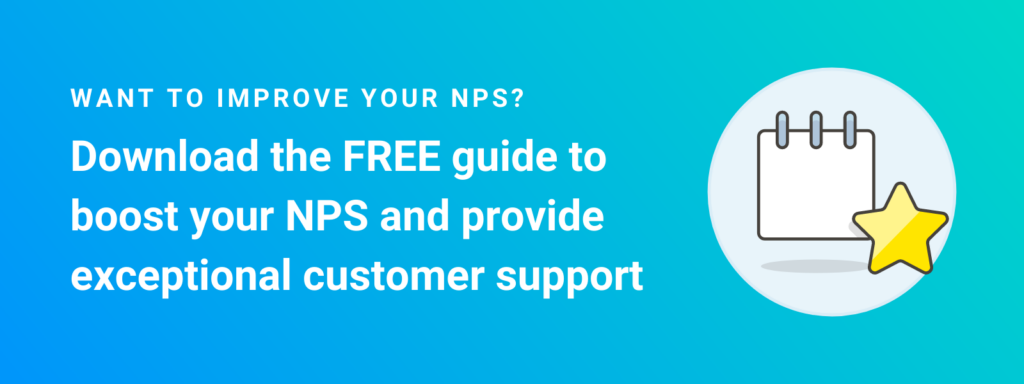Mobile World Congress Los Angeles (MWCLA) is a leading telecom industry event for mobile operators (MNOs & MVNOs), original equipment manufacturers (OEMs) and industry suppliers. This year, the event lasted for two and a half days and allowed attendees to learn about emerging trends and technologies, connect with notable exhibitors and network with other like-minded professionals.
Most importantly, the event in 2021 marked a pivotal moment for tradeshows in a post-pandemic environment. Attendees and exhibitors were able to get together in person to discuss and enhance their understanding of themes like IoT, 5G and disruptive innovation. After almost two years of virtual events for most, networking at MWCLA 2021 provided the invaluable opportunity of building face-to-face connections, which is something that we’ve all been missing from events over the past two years.
Ozmo both exhibited at the show and attended relevant thought-leadership tech chats and keynotes. From our experience at MWCLA, we gained three key insights from attending talks that can help MNOs, MVNOs, OEMs, broadband providers and other technology leaders optimize their customer support operations and integrate more cost-saving models into their businesses.
Key findings from MWCLA 2021
- The concept of the “cognitive contact center”
In a panel discussion, Rick Lievano, Chief Technology Officer for the Worldwide Telecommunications industry at Microsoft, highlighted how many contact centers aren’t keeping up with the technological innovations of today and seem to be “stuck in the 90s” with their operations. Modernizing the contact center should and can be an integral part of the customer experience.
Businesses can upgrade their contact centers into cognitive contact centers by implementing artificial intelligence (AI) journeys into their customer care. Over two-thirds of businesses who begin their investment in AI use customer care as their starting point. As Lievano stated, “Telcos are not known for having the best NPS scores or customer service,” so it is apparent why this critical function of many businesses is a great entry point for such technological innovation.
Telcos are not known for having the best NPS scores or customer service.
Rick Lievano, CTO for the Worldwide Telecommunications industry at Microsoft
As an example of implementing an AI journey from MWCLA 2021 today: mobile operators and broadband providers are employing chatbots in mass that can collect, record and analyze customer data. The more data you have on customers’ pain points and how to best support them with their troubleshooting needs, the greater the call deflection you can achieve by proactively addressing those pain points with relevant support content.
At Ozmo, we are continuously monitoring trends from the 75,000 agents we work with and the millions of customer interactions we support yearly. With this data, we are able to answer any technology-driven, customer-support inquiry with accuracy. Additionally, we embrace the concept of a “cognitive contact center” by directing simple inquiries to be solved in digital channels. With our assisted support solution, agents no longer need to access physical phones, routers or other devices as they can interact freely with hundreds of virtual devices and apps, navigating screen-by-screen through tens of thousands of pathways to provide efficient support.

- Disconnected support experiences are costly
Yossi Zohar, Global Senior Director at ServiceNow, shared a personal experience at MWCLA 2021 titled “The Tale of a Mounted Smart TV.” Shortly after Zohar purchased a new smart TV from a department store, he went to watch Netflix with his wife. To his surprise, everything on the screen was pixelated. When they couldn’t successfully troubleshoot what was wrong on their own, they called their TV manufacturer, who couldn’t identify the problem despite remotely logging into the device. Next they called their cable provider, with whom they spent 30 minutes on the phone only to not have their issue successfully resolved.
Frustrated with being passed from customer service first at the streaming provider, then to the manufacturer and finally to the cable provider, the Zohars ended up returning the TV to the store. If a customer has to struggle with so many different entities like this to get their problem addressed, they are far more likely to churn, costing each business precious resources. Customers and enterprises need to join together to create a broader, proactive technical ecosystem. Right now, it’s very disconnected and inefficient. There needs to be a value chain that creates a frictionless customer experience from the MNOs to supplier side partners.
Want to learn more about Ozmo support? Request a demo with our team today.
Zohar recommends creating this value chain by expanding the view to connected technologies to understand disruptions. Businesses can collect more event data to hone in on the root cause of every disruption with intelligent workflows that gather context and diagnostics information. By successfully learning from the past, customer support professionals can hand over more insights to engineering and product teams to prevent more losses from returned devices.
At Ozmo, we create frictionless customer experiences by offering a single source of answers across all digital channels. These interactive support answers are extensible and can be served up in websites, emails, text messages, chatbots, apps, videos and more via our API connection. By designing our answers to be consistent for agents and end-users alike, we help improve the metrics that Zohar addressed during the talk, such as cutting operational expenses to maintain up-to-date content and improving net promoter scores.
- The emergence of the experience economy
The pandemic, along with emerging 5G technologies, is accelerating digital adoption. Concurrent with rapid technological advancement, customer preferences are shifting. In “Perfecting User Experience for 5G Adoption,” the Chief Revenue Officer at HeadSpin, Eravi Gopan, started his tech talk by emphasizing the emergence of an experience economy. COVID-19 has changed the behavior of customers and enterprises alike, and now almost all individuals expect significant ease and speed when interacting with various smart products and services.
To measure success in the experience economy, Gopa expanded on why it is so important to be timely when implementing successful user journeys. According to Kissmetrics' analytics, 40% of users will abandon a webpage if it takes more than 3 seconds to load. Similarly, Google has discovered that an extra 0.5 seconds in search page generation time dropped traffic by 20%.
40% of users will abandon a webpage if it takes more than 3 seconds to load.
Kissmetrics
We know that technology is complex and ever-changing with the sheer amount of new devices and operating systems being implemented every day. This becomes even more challenging for providers as users in today’s experience economy expect fast, tailored and accurate journeys to best navigate their devices and apps. With both the nature of technology and the demands of customers rapidly evolving during this digital age, how can businesses keep up?
Ozmo makes new virtual representations of physical devices available to contact center agents before the devices are released, equipping agents with the tools they need to effectively support their customers on day one. Also, any time a new operating system (OS) is rolled out, such as the release of iOS 15, we ensure our visual content and library of omnichannel answers are updated to that specific OS at the exact moment that it is delivered to the public.
With our self-support solution, this timeliness allows us to educate our businesses’ customers on any new features and functionalities from the moment they gain access, reducing the amount of contact center inquiries they might have and saving money for the business overall. Our customers Motorola, Verizon, TELUS and more recognize that effective customer service is an integral part of the experience economy and partner with Ozmo to help create it.
Final thoughts on MWCLA
By implementing cognitive contact centers, creating more seamless customer support experiences and fully embracing today’s experience economy, businesses can gain a competitive advantage in cutting costs, reducing churn and driving customer loyalty. We are thankful for our experience attending MWCLA 2021 to learn about these topics in detail and how, at Ozmo, we can continue to create disruptive innovation in our own business. To learn more about our solutions, you can schedule a conversation with an expert here.



